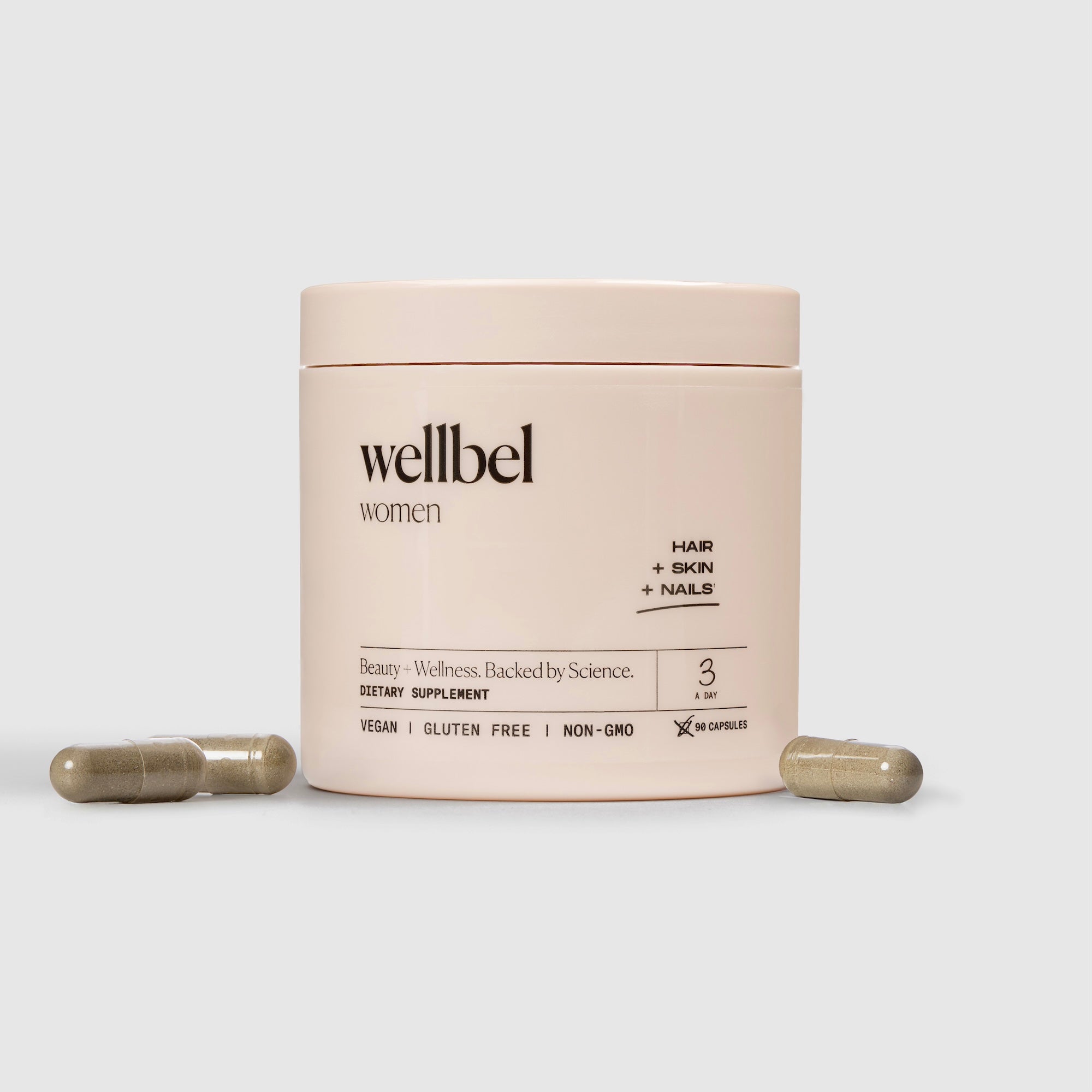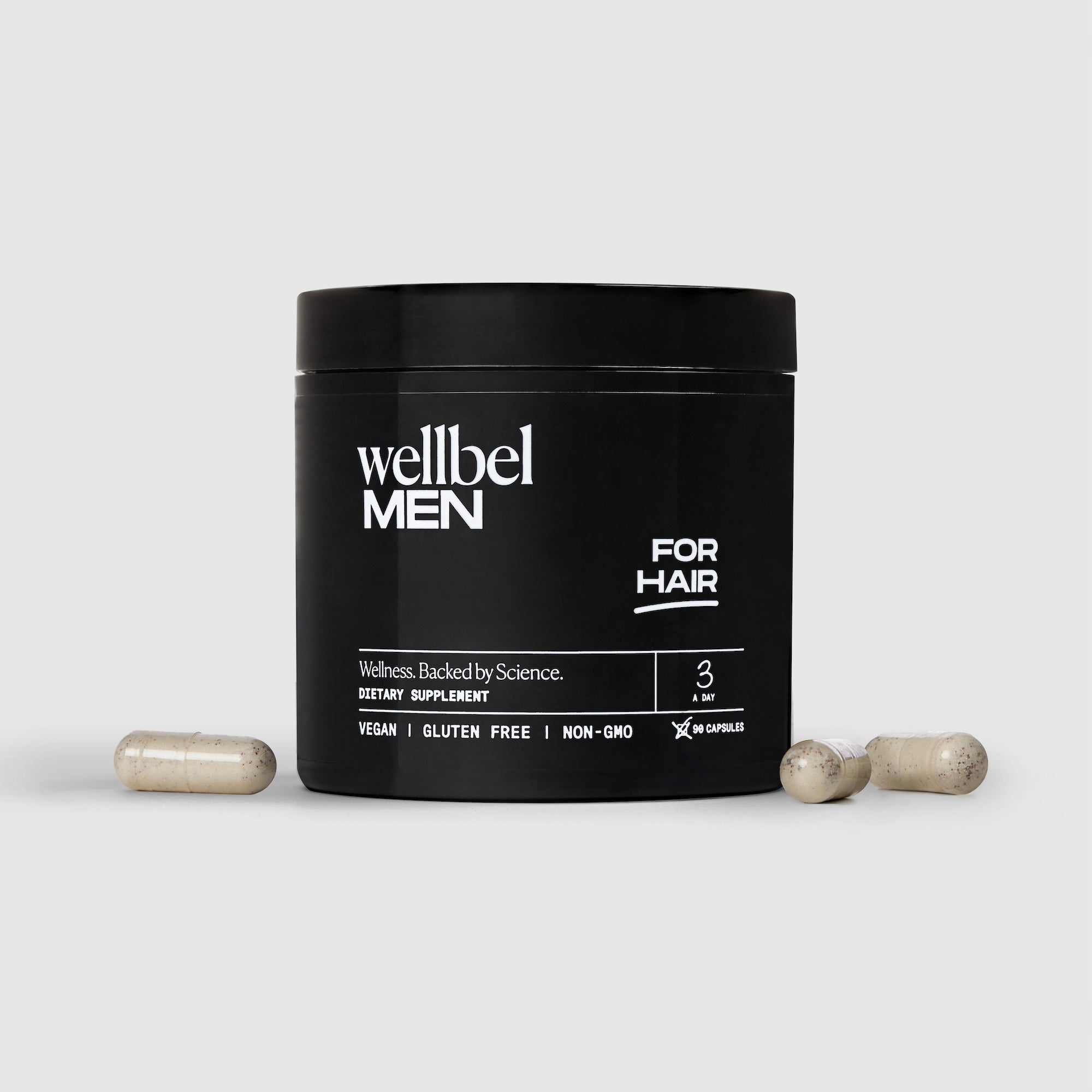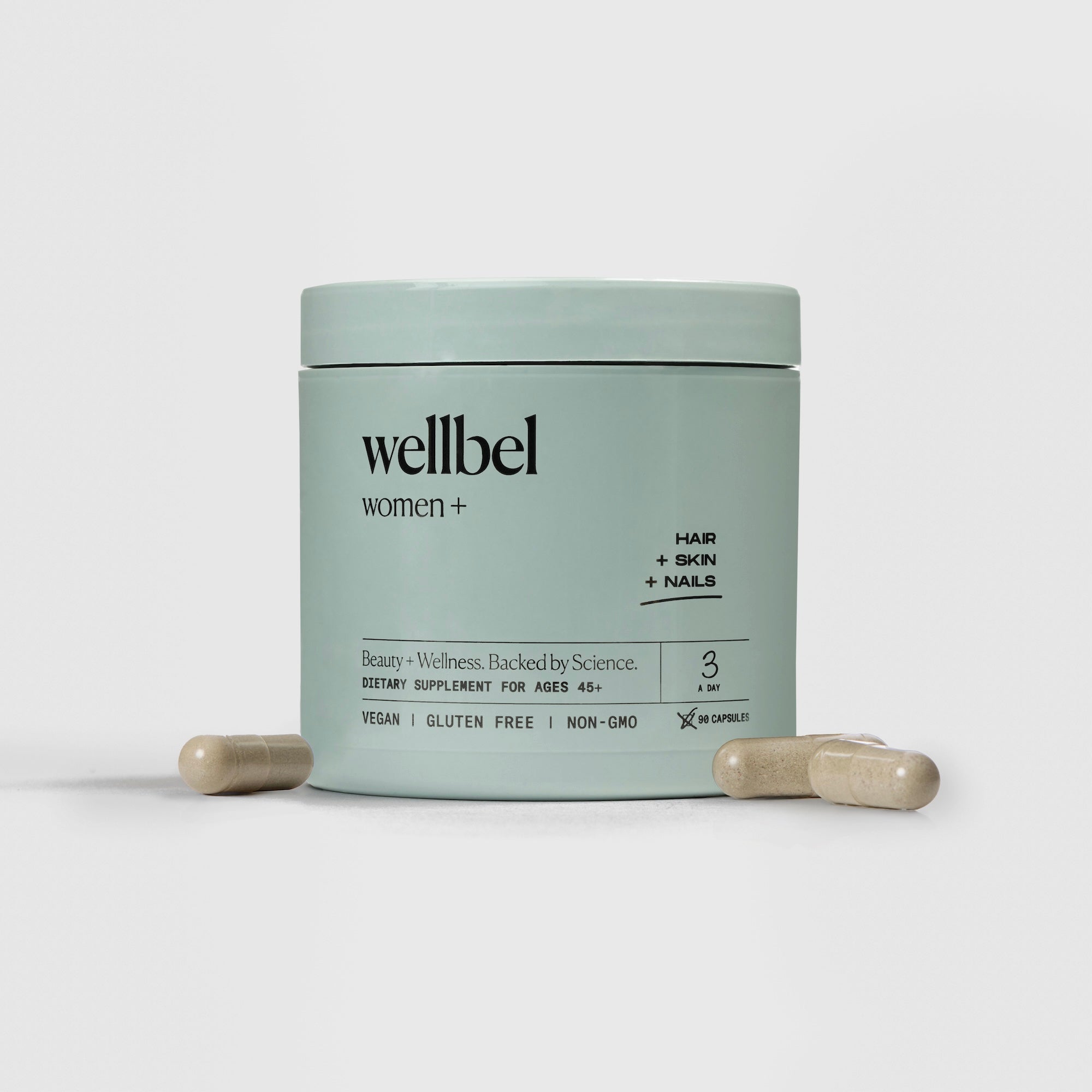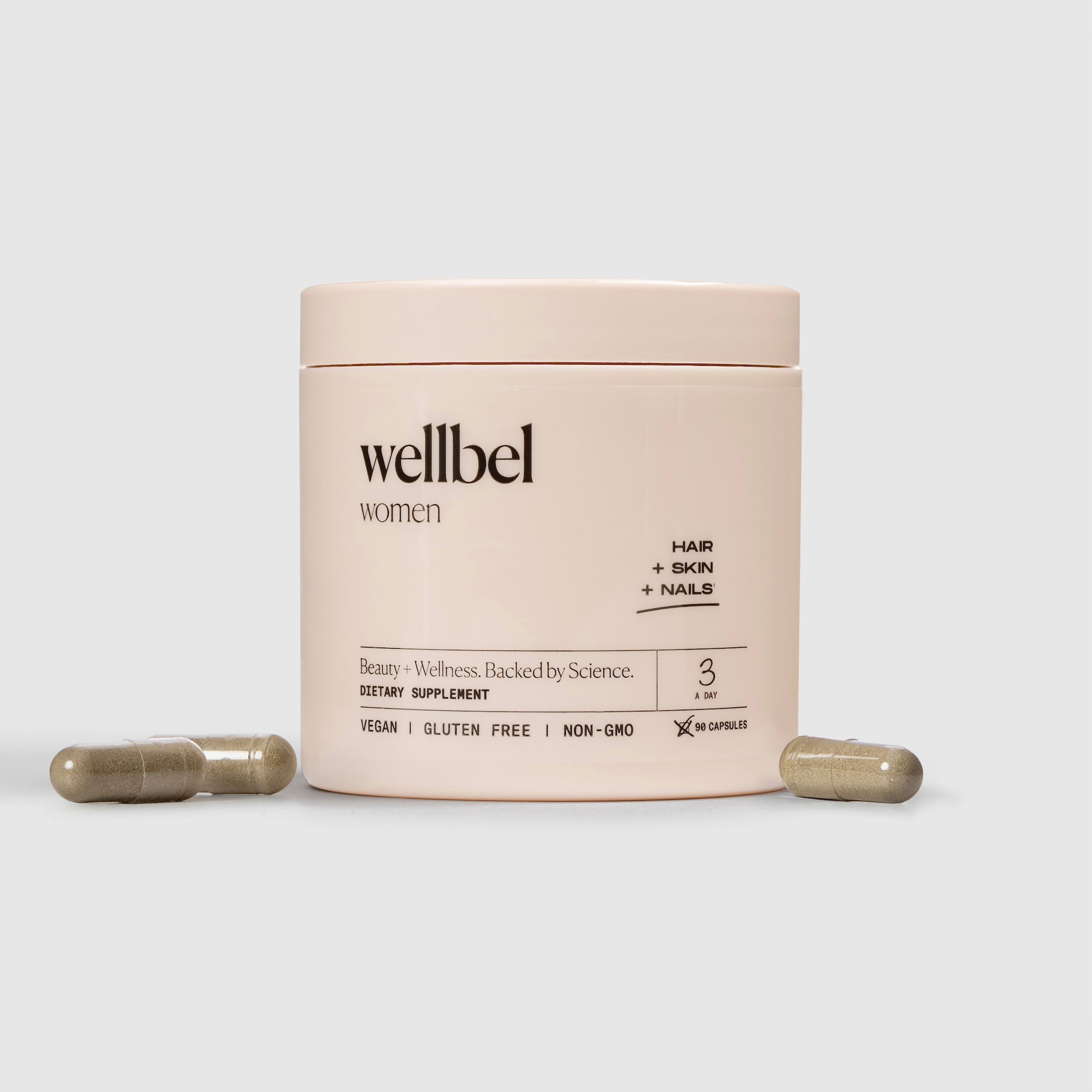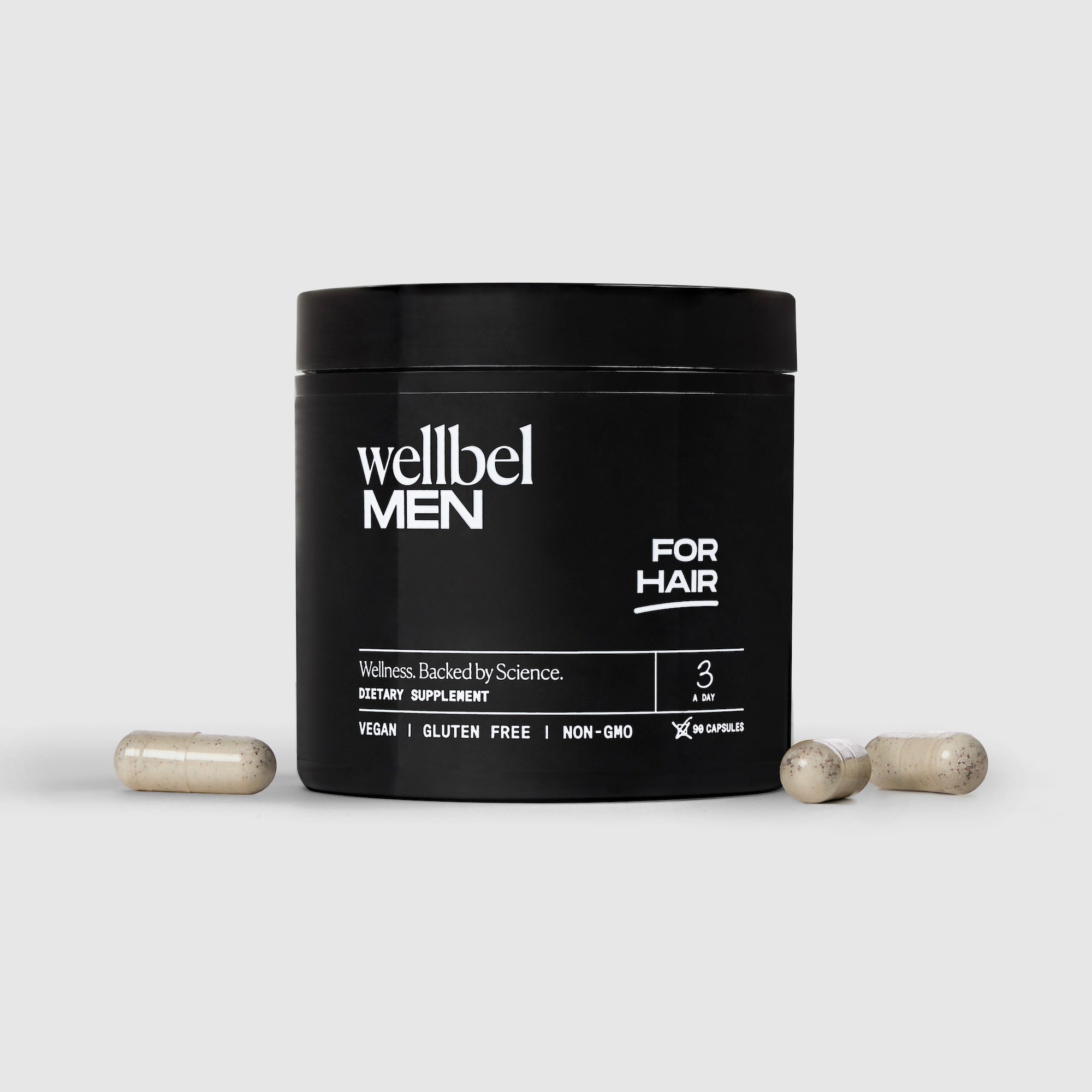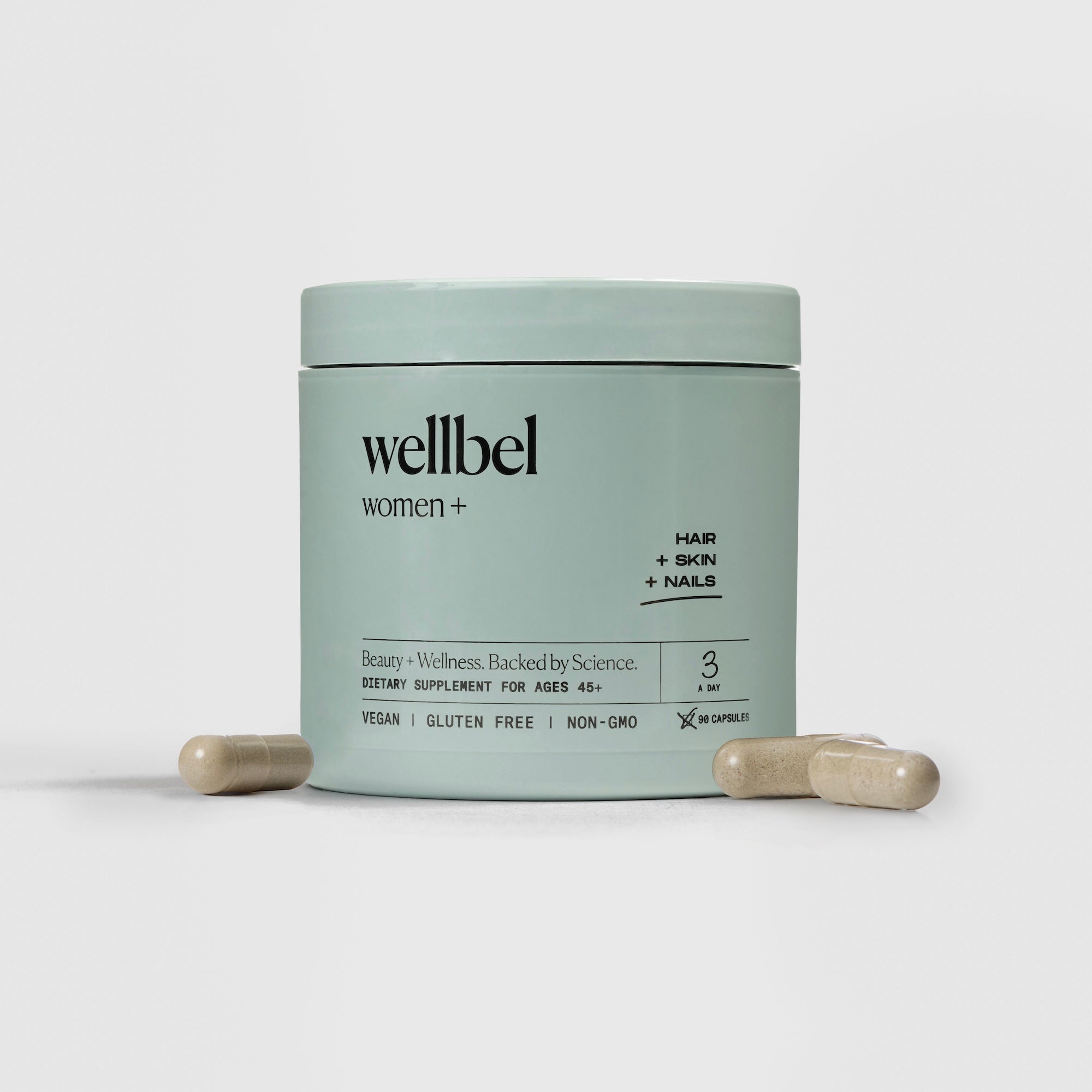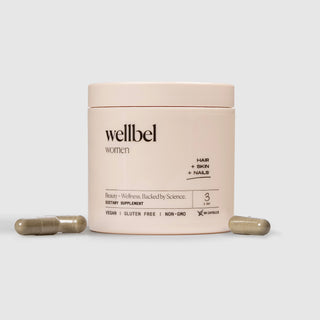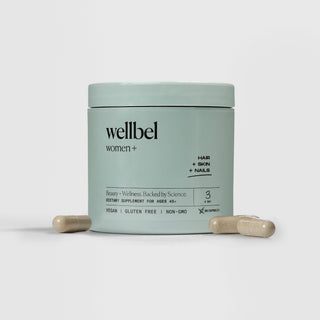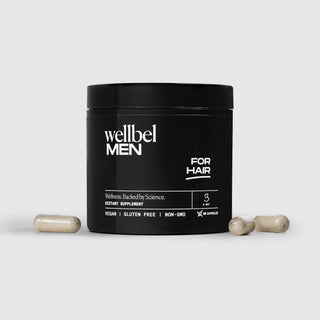Does lack of sleep cause hair loss?
We've all heard of the concept of "beauty sleep," but is it just an expression, or is there actually some merit to the idea of quality sleep improving your appearance?
The truth is, sleep is important not only for your mood and mental clarity but also for your long-term overall health, including your hair health! Sleep deprivation and chronic lack of sleep can increase stress hormones within your body, which can affect hair growth or even cause patchy hair loss. Luckily, changes to your overall sleep habits can go a long way in reversing this type of hair loss and promoting healthy hair growth.
How sleep impacts your health
While the occasional late night/early morning won't have long-term consequences on your health, as much as you can, you want to ensure you get 7-8 hours of quality sleep per night on average.
Sleep gives your body the time it needs to rest and reset itself for the next day. During restful sleep, your body balances the hormone levels in your body, including cortisol (aka the stress hormone), human growth hormone, and melatonin.
When you don’t have good sleep hygiene and your body doesn't get the proper rest it needs, these hormone levels get out of balance, which can lead to anxiety/depression, decreased immunity, weight gain, and changes in your hair growth cycle.
The longer these poor sleeping habits persist, the harder they can be to correct, leading to chronic sleep deprivation and insomnia. If you’re at all concerned about how your sleep is impacting your health, you aren't alone. Nearly 62% of adults today are sleep-deprived. Keep reading for some science-backed ways to improve your sleep environment and reset your sleep patterns.
How sleep impacts your hair health
Insufficient sleep can lead to chronic hormone imbalances. When you don’t get the sleep you need for an extended period of time, you may have elevated cortisol levels and low levels of growth hormone and melatonin. The latter two are particularly important when it comes to hair health.
While you may hear human growth hormone (HGH) spoken about most frequently in relation to athletes and athletic performance, it's a hormone we all produce naturally while we sleep. It's responsible for building and repairing tissues and also promotes hair growth. Low levels of HGH can affect the growth phase of the hair growth cycle, meaning your body can start to produce less or more brittle hair.
Melatonin also has a similar effect. Low levels of melatonin (especially when paired with elevated cortisol levels) can cause your hair follicles to shrink, which can stunt hair growth.
Lack of sleep and hair loss
Lack of sleep affects your hormone levels, which affects your normal hair growth cycle. People with poor sleep habits often notice that, over time, their hair becomes more brittle and prone to falling out or even stops growing in places altogether.
A study as recently as 2022 found a connection between sleep problems and patchy hair loss. The individuals in this study were getting less than 6 hours of sleep per night on average.
A larger study of over 25,000 people (!) found similar results, showing that people with sleep disturbances like insomnia or sleep apnea were more likely to experience hair loss.
How stress impacts your health
For some people, lack of sleep elevates their stress levels. For others, it's the stress levels that cause their lack of sleep. In either case, the effects on your health are not good.
While a certain degree of stress is normal, chronic stress can impact your mental and physical health, leading to issues including:
-
Headaches
-
High blood pressure & chest pain
-
Digestive issues
-
Weakened immune system
-
Anxiety and depression
If you’re concerned about how your overall stress may be impacting your health, make an appointment with your healthcare provider to discuss various stress management strategies you can try, including exercise, talk therapy, and/or medication.
How your stress level impacts your hair health
Stress affects just about every aspect of your health—including your hair health! There is such a thing as stress-induced hair loss.
Stress hormones (aka cortisol) can cause your hair growth cycle to go from the growing phase to the resting phase prematurely. If this happens, you may notice that your hair feels thinner or falls out more easily in the shower.
For some people, high stress levels can also cause them to pull out their hair, which, of course, can lead to patchy hair loss if done in excess.
The good news is that if your levels of stress are causing you to experience hair thinning or hair loss, getting your stress under control and reducing your cortisol levels will likely result in hair regrowth. (It will also improve almost every other measure of health, too!)
How to improve sleep quality
If lack of sleep is impacting your health, there are ways you can overcome it and finally get the restorative, deep sleep you deserve. Here are the biggest sleep hygiene tips from the Sleep Foundation.
-
Have a consistent sleep schedule. No one is too old for a bedtime. Having a set time that you go to bed and wake up in the morning (even on weekends!) will help to reset your sleep cycle. Of course, the occasional late night won't hurt you; just try to avoid doing it on a regular basis.
-
Have a nighttime routine. Simple routines like putting on your pajamas, then brushing your teeth, then reading a book will all signal to your brain that it's time to get ready to sleep.
-
Unplug before bed. Phones, tablets, and laptops can all be incredibly stimulating to our brains when they need to be winding down. Avoid screens for 30-60 minutes before bedtime.
-
Dim the lights. Similar to avoiding electronics, being in a brightly lit room late into the evening affects your body's melatonin production. After dinner, try dimming the lights around the house to help facilitate sleep.
-
Get outside every day. Sunlight is one of the key drivers of our circadian rhythm. Being outside when it's light out will ultimately help your body to feel more tired come nighttime.
-
Avoid alcohol. Alcohol intake may make it easier to fall asleep, but it actually makes it harder to stay asleep, leading to poorer overall quality of sleep. Moderate alcohol consumption or forgo it altogether, especially if it's later in the evening.
One last surprising tip when it comes to improving sleep health: don't toss and turn. If you've been lying in bed, waiting to fall asleep for over 20 minutes, get up and try reading, coloring, or doing something else that's relaxing. Try to sleep again in another 20 minutes.
Will my hair grow back if my sleep improves?
If your hair loss is fueled by lack of sleep, then yes, resolving your sleep issues and getting adequate rest will help to balance your hormone levels and restore your hair health.
In some cases, your hair loss may slow but not resolve or reverse. This is because many types of hair loss are hereditary conditions, meaning they may not be able to be avoided, only managed with healthy hair care habits.
When to see a doctor
If you feel like you’re not seeing any improvements to your hair health or notice your hair loss is getting worse, even after increasing your sleep time, talk to your doctor. There may be other factors at play, like autoimmune conditions, nutritional deficiencies, or genetic predispositions. Your doctor will help to determine exactly what's causing your hair loss as well as your next course of action, whether that be lifestyle changes or hair loss treatment options.
Wellbel for Healthy Hair
Wellbel improves hair health from the inside out. If you’re looking to boost your hair health after a period of bad sleep or high stress, our doctor-formulated supplements have the key nutrients your body needs to support fuller, stronger, and all-around more nourished hair, with special formulas for men, women, and women over 45.
And because we care about your overall wellness, not just your hair health, every bottle of Wellbel is 100% vegan and totally free of GMOs, so you can feel good about what you're putting into your body (and your results!)
You can read all about the science behind our products here and read testimony from real people like you here. And with our 90-day money-back guarantee, you've got nothing to lose and healthier hair, skin, and nails to gain!

